The economic cooperation between China and Central and Eastern European Countries (CEEC) has been gearing up in a wide range of fronts, according to data released by China's Ministry of Commerce (MOFCOM) on Friday, which observers said underscored the pragmatism and win-win traits that have been shaping bilateral economic relations.
At a time when China-Europe relations are at a crossroads and certain Baltic nations trumpet anti-China rhetoric under US instigation, stable and fruitful China-CEEC economic ties would serve both as a cornerstone and a locomotive in the deepening and enrichment of China-Europe relations, analysts said. It also demonstrated that the momentum of cooperation between China and CEEC, as well as the European bloc won't be derailed by US political manipulation and geopolitical tensions, they said.
In the first quarter, bilateral trade between China and CEEC started off on an upbeat note, increasing 1.6 percent year-on-year to $33.3 billion, Li Fei, assistant minister of MOFCOM, said at a press briefing of the State Council Information Office on Friday.
And trade between China and CEEC has been growing at 8.1 percent annually since 2012, when a new generation model of the bilateral cooperation platform was launched, with China's imports from CEEC expanding 9.2 percent annually.
The positive development in bilateral economic ties is also visible in investment. According to Li, China's direct investment in CEEC spiked 148 percent year-on-year in the first three months of 2023, reflecting a strong willingness to invest in CEEC among Chinese enterprises. To date, the bilateral investment volume has approached $20 billion.
Chinese investments have been flowing into the auto parts, home appliance, medicine, logistics, energy and minerals sectors.
Another highlight of bilateral cooperation is centered on the construction of transportation and basic infrastructure projects, such as the Chinese-built highway in Montenegro, Peljesac Bridge in Croatia and the construction of the Budapest-Belgrade railway.
Also, CEEC countries including Poland, Hungary and Slovakia have become important nodes and destinations of China-Europe freight trains, a flagship connectivity project under the Belt and Road Initiative (BRI). Last year, a total of 16,000 China-Europe freight trips were made, up 9 percent year-on-year.
"Economic cooperation is the cornerstone of China-CEEC cooperation. China and CEEC have complementary economic advantages and strong demand for cooperation, and they're natural cooperative partners," Yu Yuantang, a MOFCOM official, said at the press briefing on Friday.
This kind of robust growth serves as a strong testimony that cooperation remains the mainstream of bilateral ties, despite moves by some countries, including Estonia and Latvia, to "undermine" normal economic exchanges by withdrawing from China-CEEC Cooperation in 2022, analysts said.
"China and CEEC have established all-round, multi-level economic and trade exchange cooperation, which provides guarantees for strengthening dynamics and expanding room for cooperation," Yu said, while vowing to reactivate cooperation mechanisms at all levels to further promote bilateral communication on economic and trade policies.
MOFCOM officials also announced at the press briefing that the third China-CEEC Expo, co-hosted by the ministry and the Zhejiang government, will take place in Ningbo, East China's Zhejiang Province from May 16 to 20. It will also be the first national fair targeting the CEEC region after China optimized its COVID response.
At a time when Europe is in a heated debate over how to deal with China and strike a balance between EU-China relations and the EU-US partnership, the constructive economic relations between China and CEEC in the post-virus era will likely serve as "a main engine" driving the deepening and enrichment of China-Europe relations, Zhao Junjie, a research fellow at the Chinese Academy of Social Sciences' Institute of European Studies, told the Global Times on Friday.
"With the further promotion of economic independency among partner countries, there will be broader areas for cooperation between China and CEEC this year, such as key infrastructure projects under BRI and more bilateral cargo flows," Zhao noted.
In 2021, China has set a goal of importing more than $170 billion worth of goods from CEEC in the next five years.
Chinese officials also stressed that China-CEEC Cooperation is an important part of China-Europe relations, and has become an important part of and useful supplement to the China-EU comprehensive strategic partnership.
"This year marks the 20th anniversary of the establishment of the China-EU comprehensive strategic partnership… China is willing to work with Europe to implement a series of important consensus reached by leaders of the two sides, while firmly grasping the general direction and main tone of China-EU economic and trade relations from a strategic height," Li said.
In the next stage, China and Europe will deepen cooperation in the digital, green, and new-energy sectors, jointly maintain the rules-based multilateral trade mechanism that puts the WTO at the core, safeguard the stability of global supply chains, and work together to contribute strength to global economic growth, according to Li.








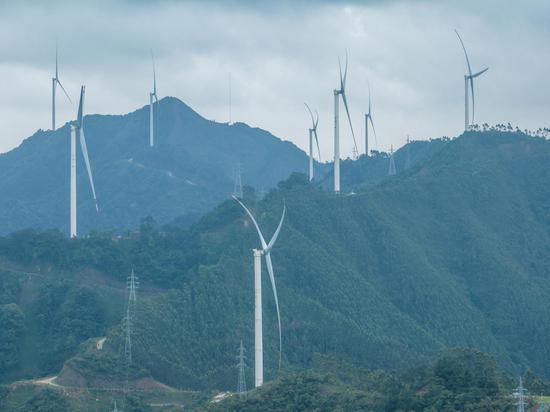

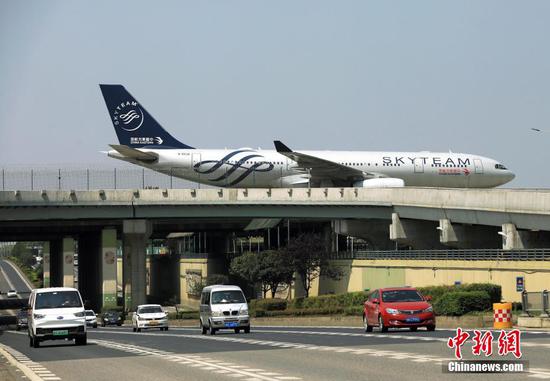



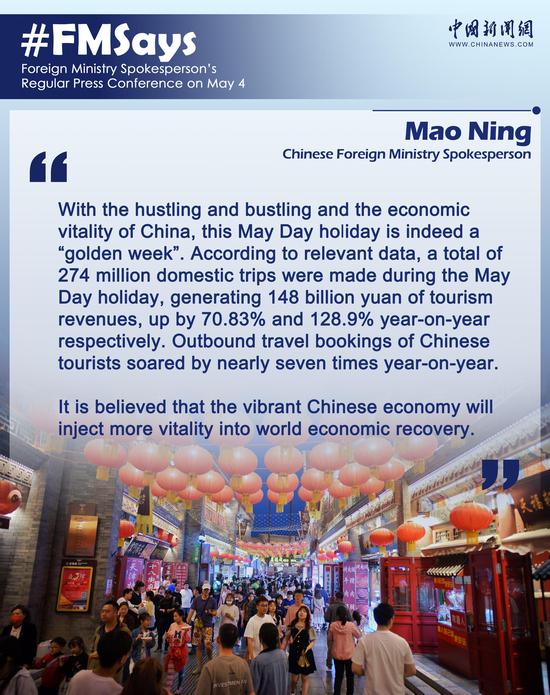








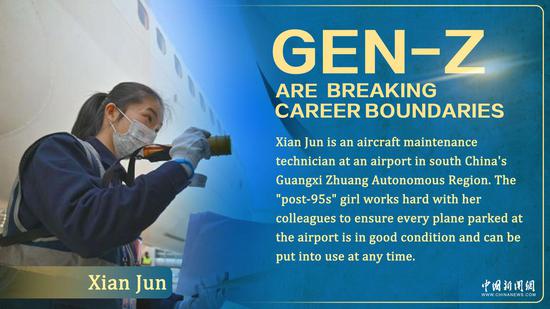




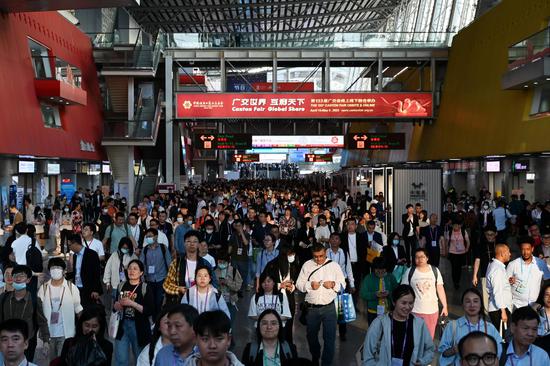
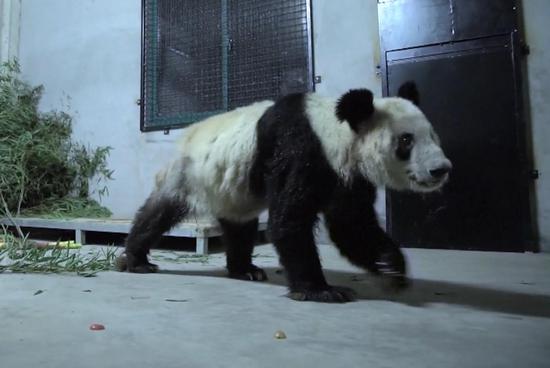




















 京公网安备 11010202009201号
京公网安备 11010202009201号